
Ask any parent and they’ll likely tell you there’s nothing they wouldn’t do for their child.
Becoming a mother or father changes life in ways that are hard to explain. From that day on, parents dedicate themselves to loving, caring for, and worrying about their child for the rest of their lives.
Sadly, though, there are some things even parents can’t prevent. Accidents and illness are part of life, and too many children suffer from things they can’t control.
Alina and Aaron Edwards’ lives were turned upside down when they learned that their 9-year-old daughter, Emma, had acute lymphoblastic leukemia. Heartbroken, they held onto hope that Emma could fight the cancer. But after a few months, doctors delivered the devastating news that there was nothing more they could do to save her.
Determined to make the most of the time they had left, Emma’s parents decided to fulfill her wishes.
Many children in such situations might want to meet a celebrity, visit Disneyland, or walk out onto a sports field with their favorite player.
But Emma’s wish was different. She wanted to marry her 10-year-old boyfriend, DJ.
Before long, Emma’s wish gained a lot of attention from her local community. Volunteers and supporters came together under the name “Emma’s Army,” all working towards making the little girl’s dream come true before her time ran out.
The Make-A-Wish Foundation eventually stepped in to help Emma’s family raise funds. Emma’s mom, Alina, explained, “Most kids want to go to Disneyland, but Emma wanted to get married, be a wife, and have three kids.”
Reports say this wasn’t the first time Emma and DJ tried to marry each other. At the age of eight, the two had attempted to have a wedding at school. They even picked out bridesmaids and groomsmen from their classmates. However, their teacher didn’t allow the “wedding,” no matter how unofficial it was.
This time, though, the wedding had the full support of their parents and the help of countless kind-hearted people who were determined to make Emma’s wish come true.
“We put it all together in less than two days, and everything was donated. It was so precious, and it came together perfectly,” Alina shared.
When the big day arrived, the special moment was captured on video, including interviews with some of the guests. The young groom, DJ, shared his feelings, saying, “I thought she was the most beautiful person I ever saw. Ever since, I loved her.”
Emma’s mom, Alina, also had heartfelt words for DJ, expressing her gratitude for her daughter’s caring friend. In an emotional Facebook post, she wrote:
“DJ has been Emma’s ‘Boo bear’ since 3rd grade, and seeing these two together will melt your heart. DJ protects her, helps her, and makes her heart soar. She loves him, and I know he loves her too! He’s stood by her side through all the ups and downs and kept her smiling. DJ will forever be family.”

On June 29, Emma’s dream wedding became a reality. Arriving in a wheelchair, pushed by her loving parents, Emma wore a stunning purple dress and smiled brightly as her father escorted her down the aisle.
Emma and DJ exchanged rings and vows, with DJ sealing the ceremony with a sweet kiss. After the wedding, Emma returned to rest in bed, but her joy from the day was clear to everyone who saw her.
Sadly, just a few weeks later, on July 11, 2023, Emma passed away after bravely battling leukemia.
Her obituary read: “Emma Brooks Edwards entered heaven and into the loving arms of her Great-grandma Frannie Annie on July 11, 2023, surrounded by those who love her most. Emma was 10 years old and battled leukemia for 16 months. Our little unicorn, Emma, was born on April 22, 2013, and completed the Edwards family. She loved arts and crafts, practical jokes, her family, friends, Jesus, and her newlywed ‘husband,’ DJ. Emma was a light to all who knew her and an inspiration to everyone she met. She was the best daughter, sister, granddaughter, niece, cousin, aunt, ‘wife,’ and friend. Her legacy is one of strength, humor, and endless love for all.”
Rest in peace, Emma, a beautiful soul taken far too soon.
MIL Secretly Takes Newborn from the Hospital – When the Father Sees the Baby at Home, He Realizes She Isn’t His Daughter

When Paul finally became a father after years of infertility struggles, he was overjoyed. But when he noticed something off about his newborn daughter, a chilling realization set in. This wasn’t the baby he’d held earlier that day. What happened next unraveled secrets that would change his life forever.
From the moment I married Tina, I dreamed of building a family. We had a home filled with love, and a future brimming with hope, but one thing was missing. A baby. Our baby.
The journey to becoming parents was long and painful, but nothing could have prepared me for the shock that came after our daughter’s birth.
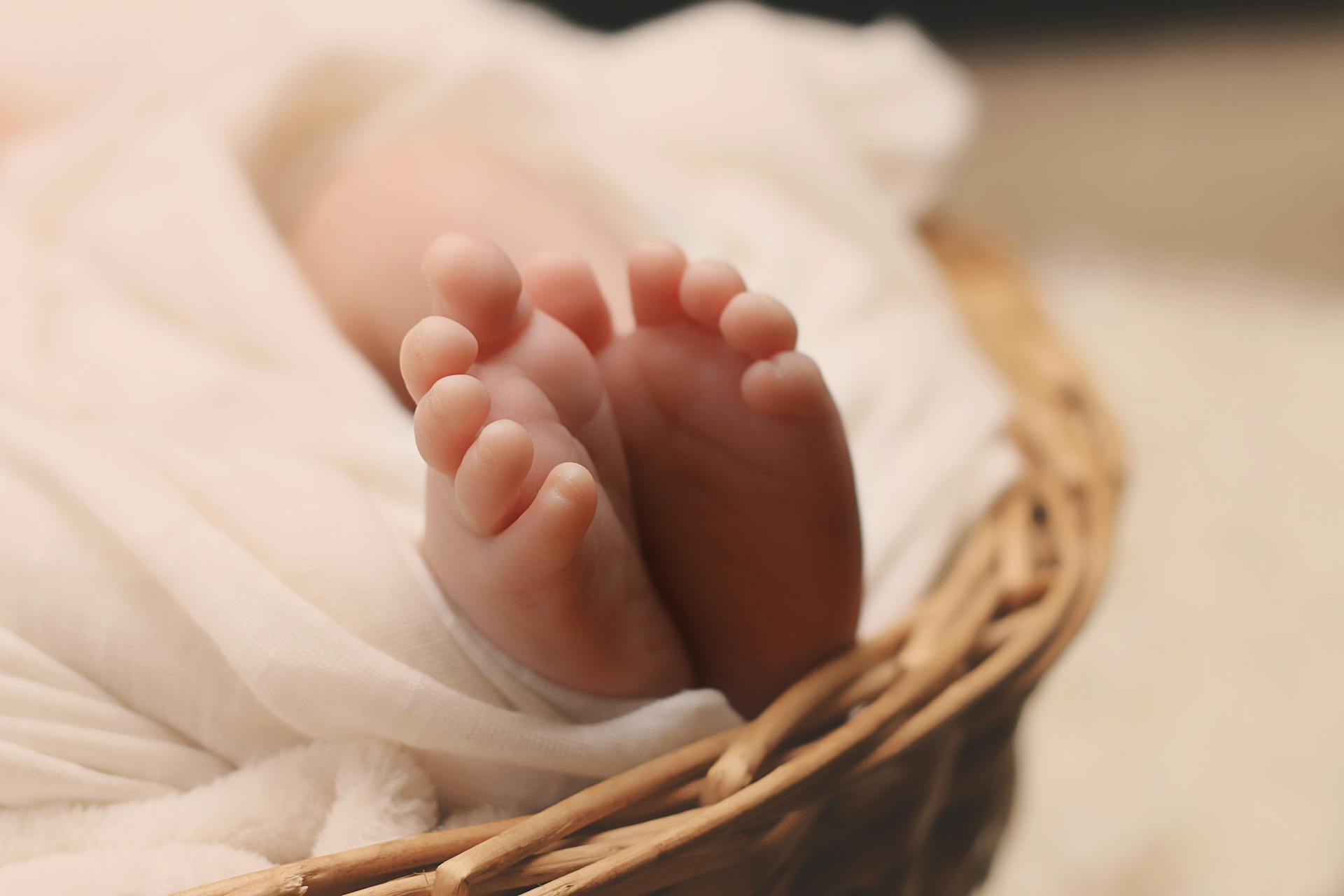
A newborn baby’s feet | Source: Pexels
Ever since I was a teenager, I dreamed of being a dad. I’d always imagined the joy of holding my child for the first time, of teaching them to ride a bike, or tucking them in at night.
When I married Tina at 25, I thought those dreams would come true quickly. We had a loving marriage and a beautiful life, but as the years passed, the one thing we both wanted most remained just out of reach.
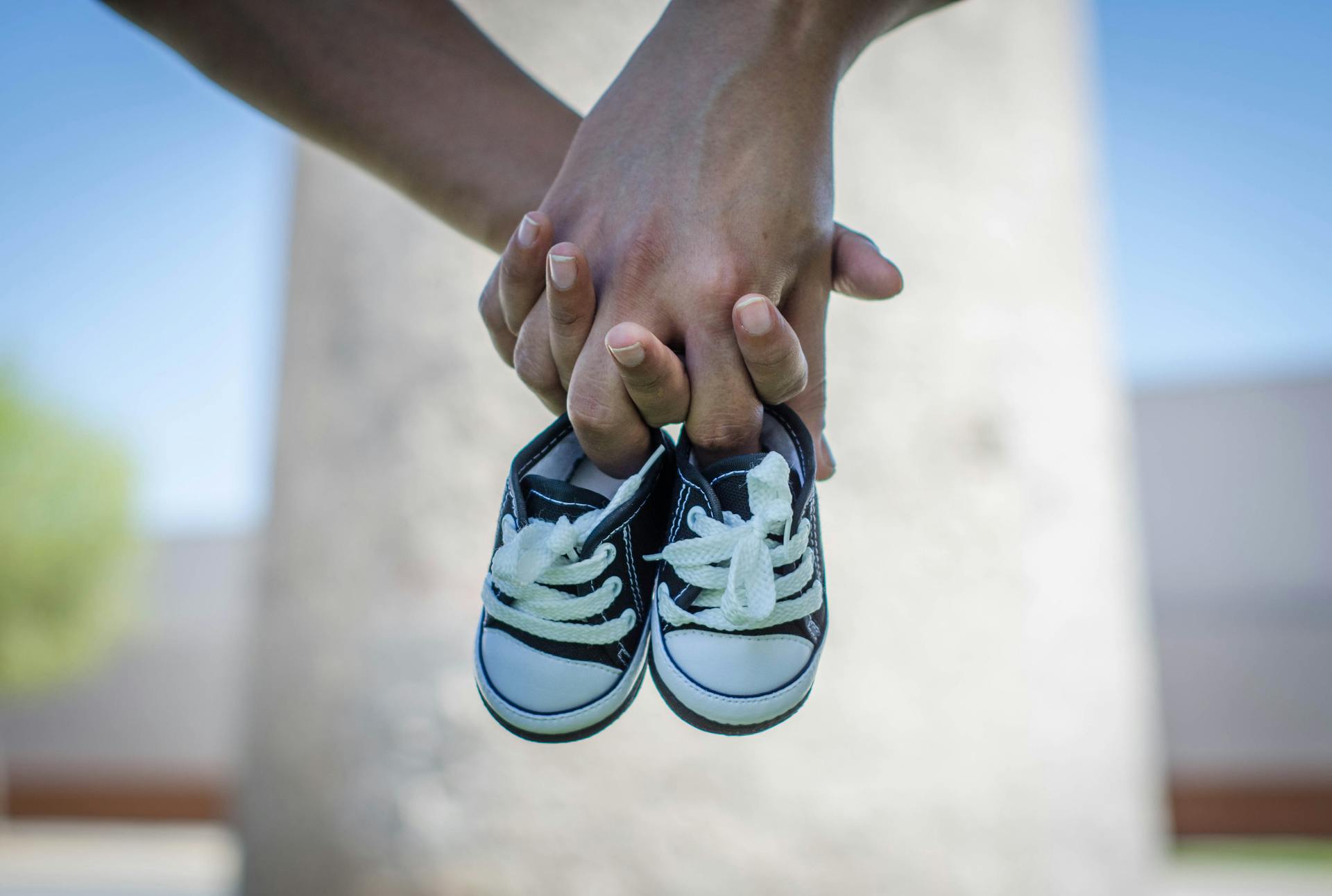
A couple holding baby shoes | Source: Pexels
We tried everything. From carefully timed schedules to consulting fertility specialists, every effort was met with heart-wrenching disappointment.
One evening, Tina emerged from the bathroom with tears streaming down her face. She was holding another negative pregnancy test.
“It’s not fair, Paul,” she said. “All I’ve ever wanted is to be a mom. Why can’t I just have this one thing?”

A woman standing in her bedroom | Source: Midjourney
I wrapped my arms around her, trying to offer comfort when I had none for myself.
“I know it’s hard, Tina. I feel it too,” I whispered. “But maybe… maybe we should consider adoption. There are so many kids who need a loving family. We could—”
“No,” she cut me off sharply, pulling away. “I don’t want someone else’s child. I want our child, Paul. I know it’ll happen. We just have to keep trying.”

A woman talking to her husband | Source: Midjourney
Her determination was unwavering, and I wanted to believe her.
But deep down, I was terrified. Terrified that we’d never get there, that this unfulfilled dream would become a weight too heavy for us to carry together.
Soon, our lives started to revolve around the quest for parenthood. Everything else including work, friends, and hobbies had faded into the background.
I was consumed by worry for Tina, who seemed to carry the burden of our struggle more heavily than I did.
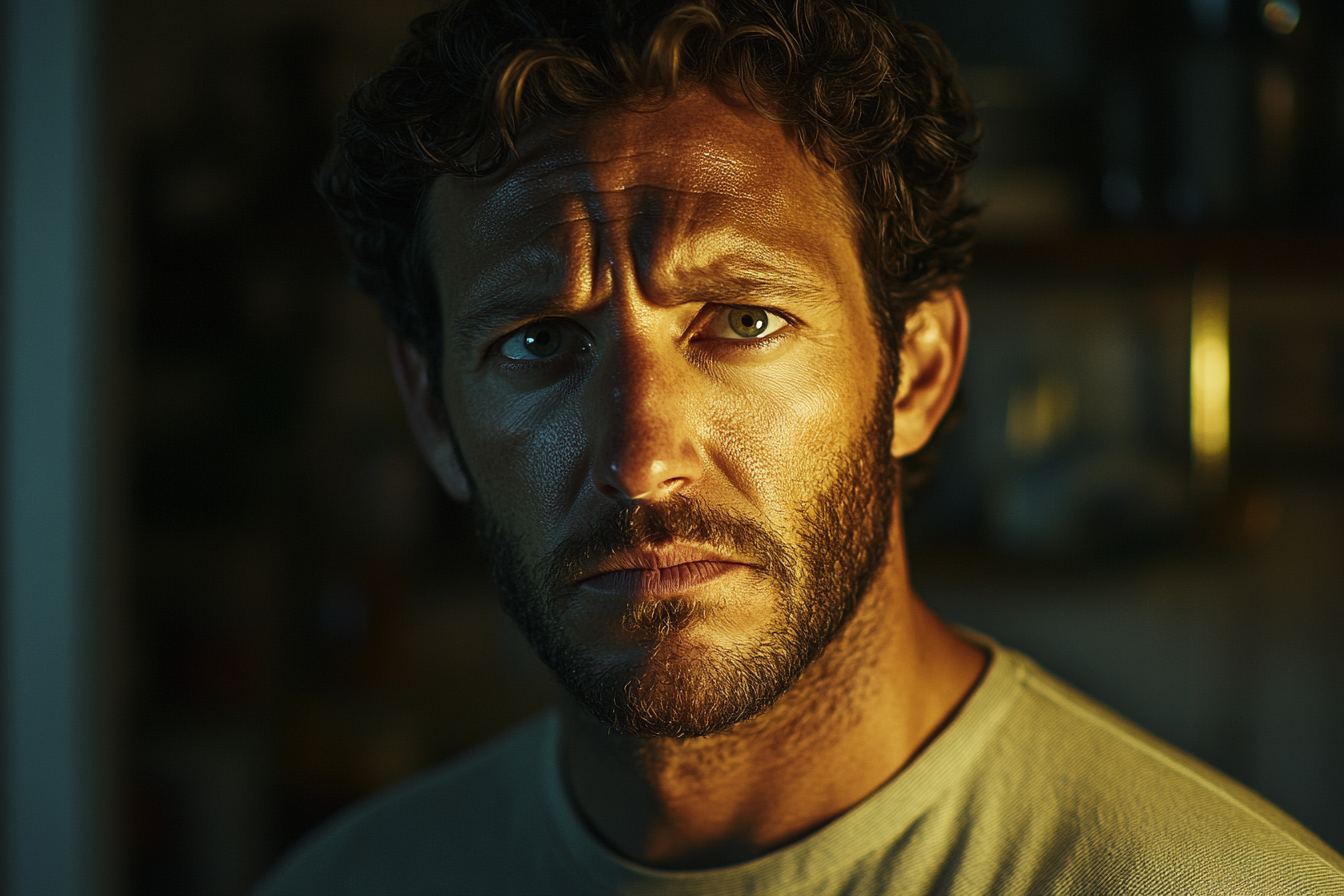
A man standing in his house | Source: Midjourney
My friends, noticing my growing stress, insisted on dragging me away for a weekend getaway. Reluctantly, I agreed, hoping the break would give me a chance to clear my head.
But even as I sat around the campfire with them, laughing and telling stories, my thoughts were with Tina. I couldn’t shake the feeling that I was letting her down by being away.
Months passed, and life continued in a haze of hope and disappointment. But then, one chilly January morning, everything changed.
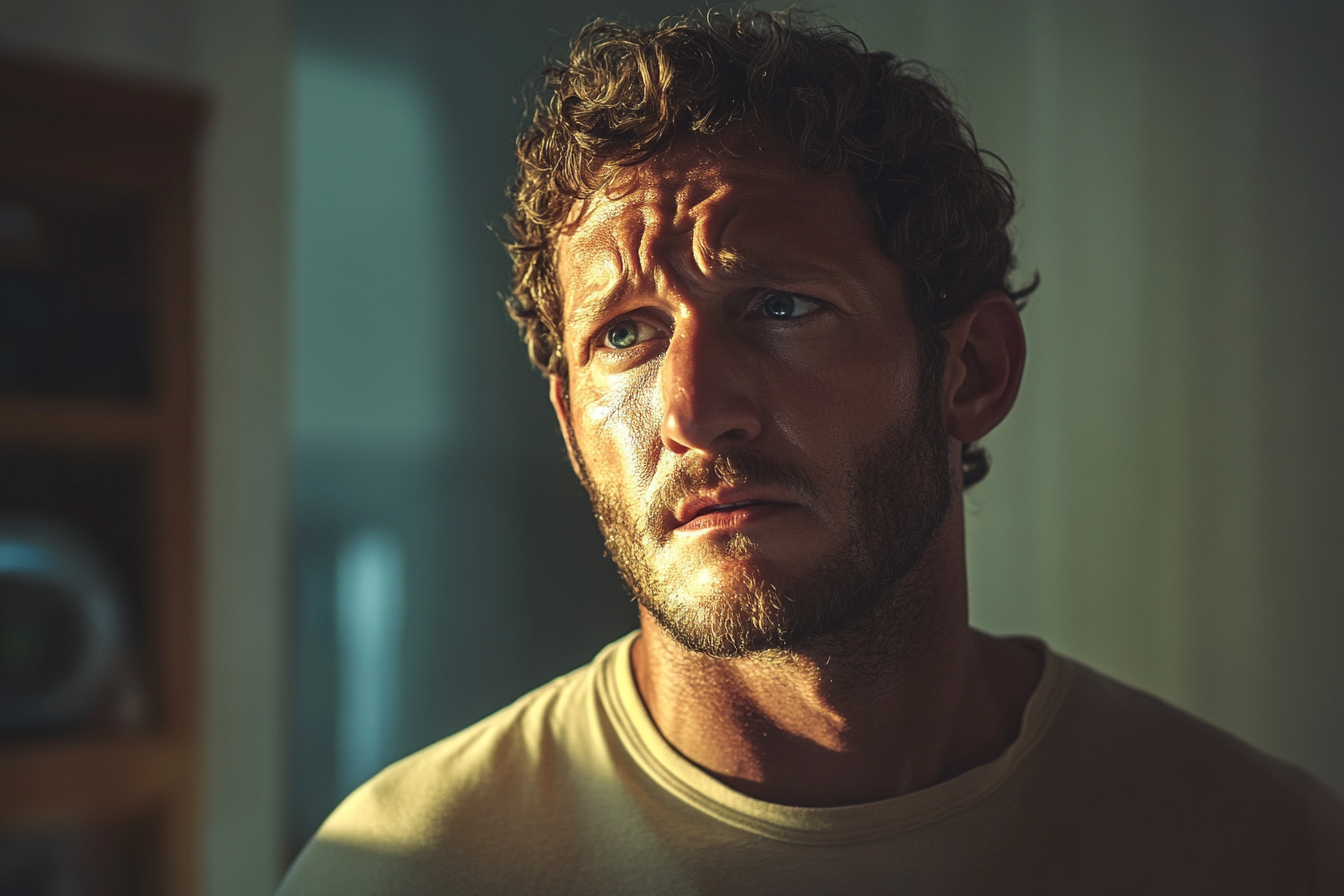
A man at home | Source: Midjourney
I was in the kitchen making coffee when Tina appeared. She had this glow of excitement on her face that I hadn’t seen in years.
She held up a small white stick, her hands shaking.
“I’m pregnant, Paul!” she exclaimed, her voice trembling with joy. “I’m finally pregnant!”
For a moment, I was speechless. I blinked at the test in her hand, not daring to believe it.
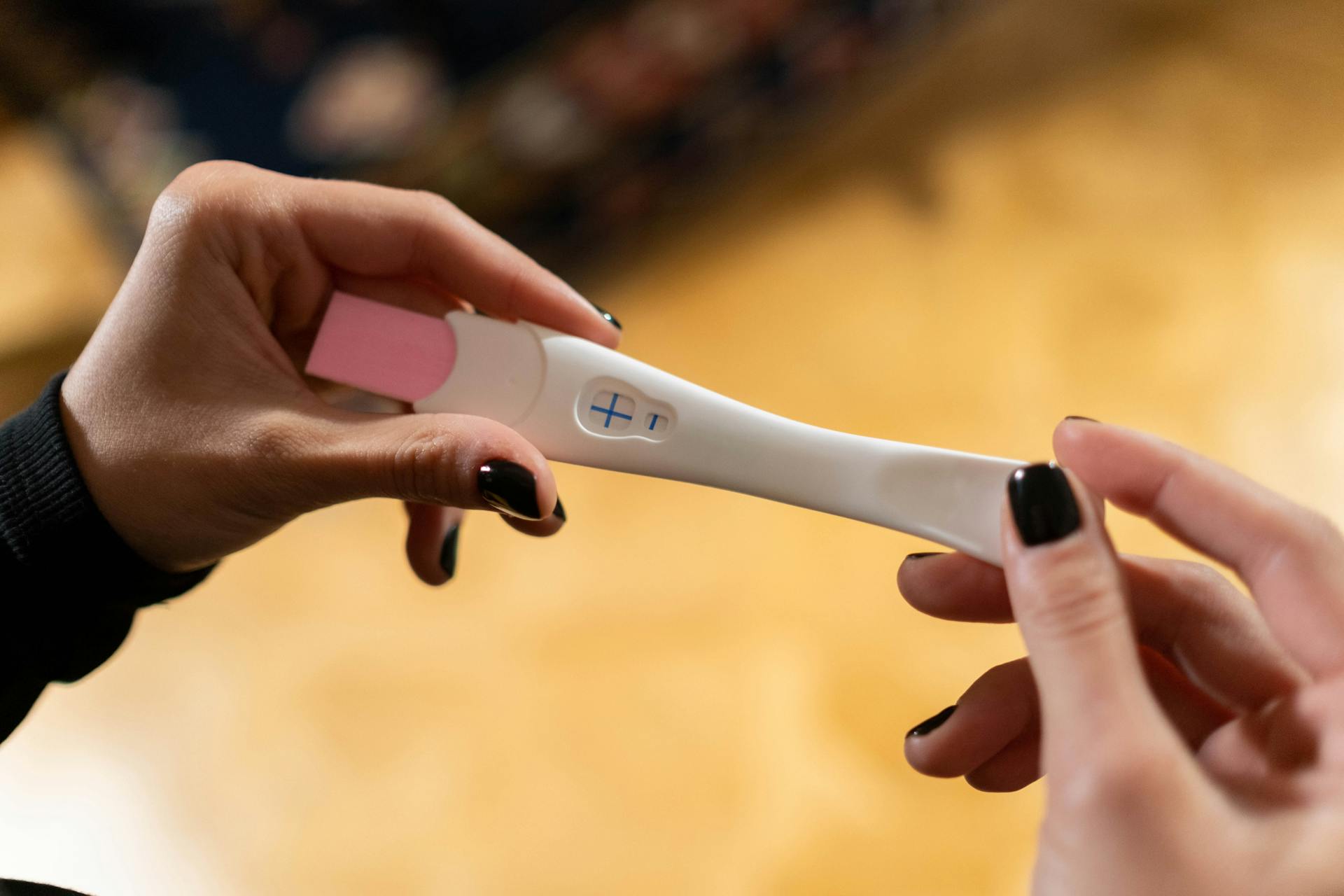
A woman holding a pregnancy test | Source: Pexels
Then, I pulled her into a hug as I realized what was happening.
“We’re going to be parents,” I whispered. “We’re really going to be parents.”
In that moment, the years of heartache melted away. It felt like the beginning of a new chapter. A chapter filled with hope, love, and the family we’d always dreamed of.
Little did I know, the real challenges were just beginning.

A man talking to his wife | Source: Midjourney
We spent the following weeks preparing for our baby girl, Alice. We bought a cute crib and so many other things to ensure Alice would feel comfortable.
Honestly, Tina’s pregnancy brought us closer together in ways I hadn’t imagined. I made it my mission to take care of her, ensuring she had everything she needed.
I went to every doctor’s appointment, brought her prenatal vitamins, and cooked all her favorite meals.
But every now and then, I’d catch Tina sitting by the window, her gaze distant.

A woman sitting by a window | Source: Midjourney
“Are you okay?” I’d ask, concerned.
She’d shake her head. “I’m fine, Paul. Just tired.”
Her answer never quite sat right with me, but I didn’t push her. I chalked it up to pregnancy hormones and the natural worries that came with preparing for such a life-changing event.
Still, there was something in her eyes during those moments that I couldn’t ignore.

A woman looking straight ahead | Source: Midjourney
The day of Alice’s birth arrived in the early hours of a cold January morning. Tina woke me up at 2 a.m., gripping my arm tightly.
“It’s time,” she whispered.
We rushed to the hospital, and by 3 a.m., I was standing in the delivery room, holding Tina’s hand as she brought our daughter into the world.
When the nurse placed Alice in my arms, I couldn’t stop the tears from falling. She was perfect. So, so perfect.
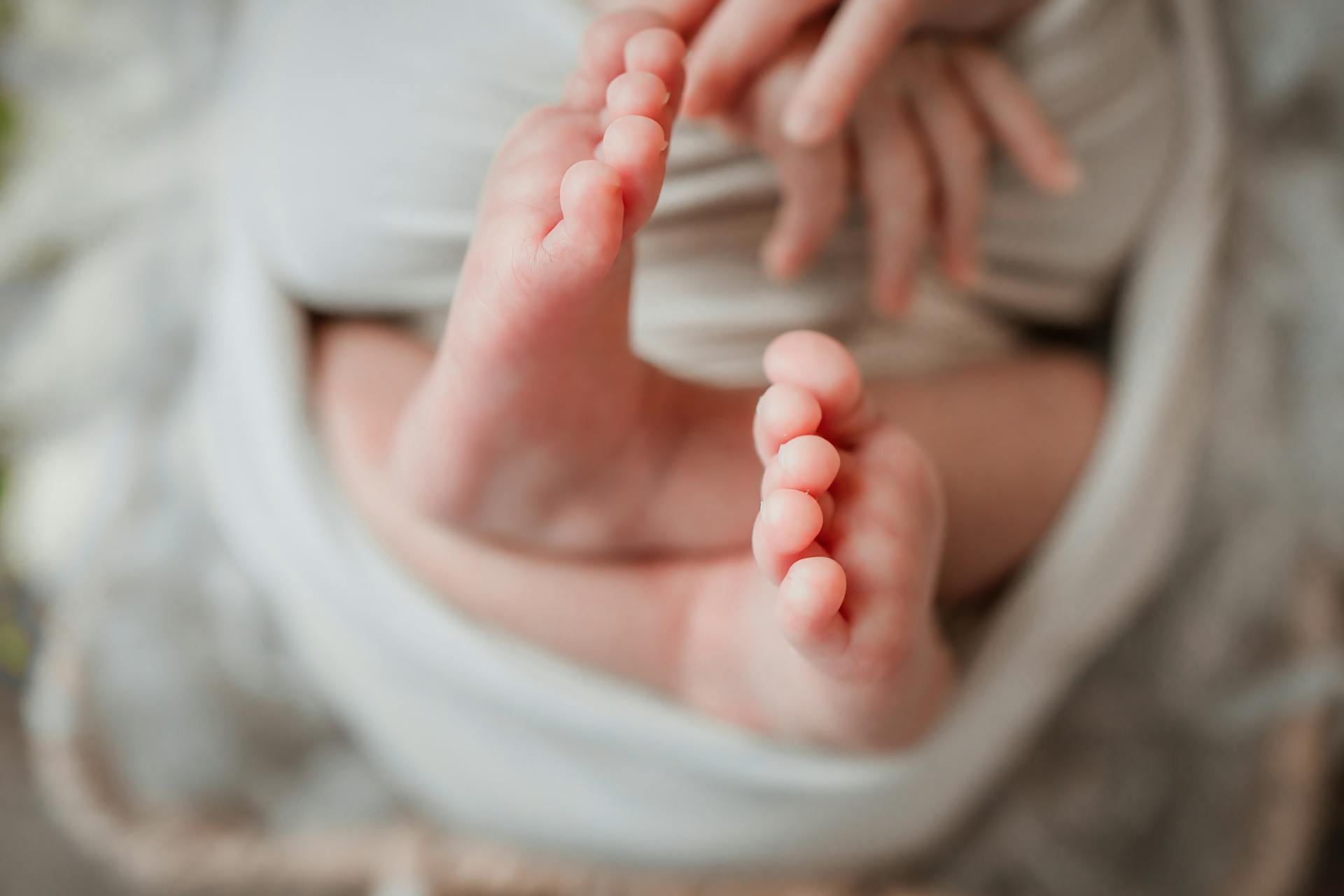
A newborn baby’s feet and fingers | Source: Pexels
She was so tiny with wisps of dark hair and a small birthmark on her neck that looked like a little star.
“Hi, Alice,” I whispered, my voice trembling. “It’s me, Daddy. I’ve been waiting so long to meet you.”
I was completely in awe. Everything we’d been through, all the pain and waiting, was worth it in that moment.
The nurse smiled as she gently took Alice from me. “We’ll take her to the nursery to get her cleaned up and checked out. You can see her again soon.”
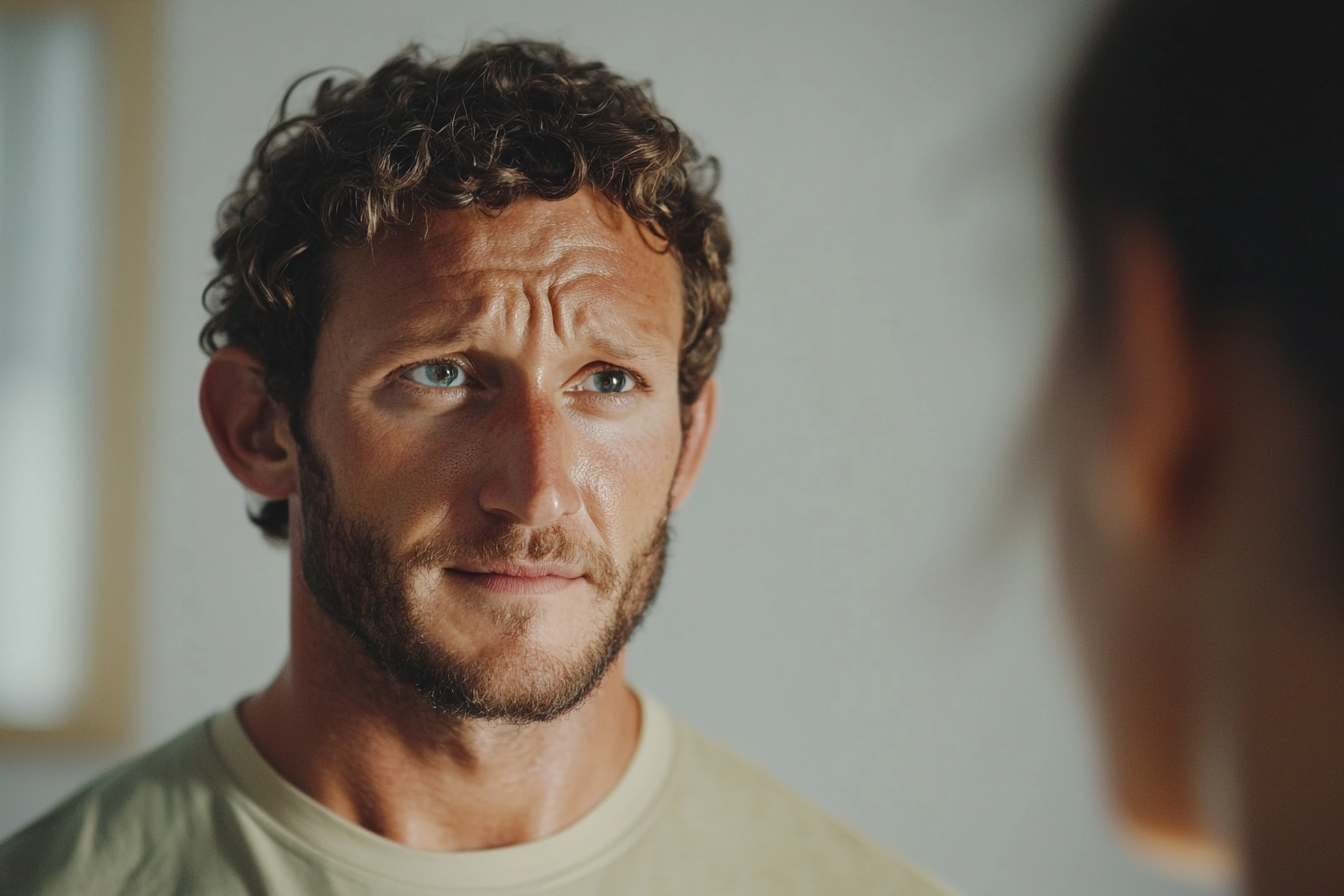
A man looking at a nurse | Source: Midjourney
Exhausted but happy, I kissed Tina on the forehead and promised to return later that evening after running home to grab a few things for her and the baby.
When I returned to the hospital that evening, I couldn’t wait to take my wife and daughter home.
I practically ran to the front desk, ready to gather my little family.
But instead of the joyful reunion I’d imagined, the nurse greeted me with a look of confusion.
“Your daughter’s already been picked up,” she said. “Your wife told us it was fine.”

A nurse in a hospital | Source: Pexels
“What? Picked up?” My stomach dropped. “By whom?”
“Her mother,” the nurse replied casually. “She said she was taking the baby home early. Your wife approved it.”
My mind raced as I hurried to Tina’s room. I couldn’t understand why she’d let Martha take our baby home.
“Why would you let your mom take Alice without telling me?” I demanded. “I was only 40 minutes late! You could’ve waited for me.”
“Babe, what’s your problem?” Tina replied, brushing me off. “Does it really matter who picked her up? We’ll be home in 20 minutes and see her.”

A woman in a hospital bed | Source: Midjourney
Something about her casual response didn’t sit right with me. But I didn’t want to argue.
I just needed to get home and hold my daughter.
When we arrived, Martha was cradling Alice in her arms. I rushed over, a smile breaking across my face as I took her from her grandmother.
“Daddy’s here, Alice,” I said softly.
But as I looked down, my smile faded.
Her birthmark… it was gone.
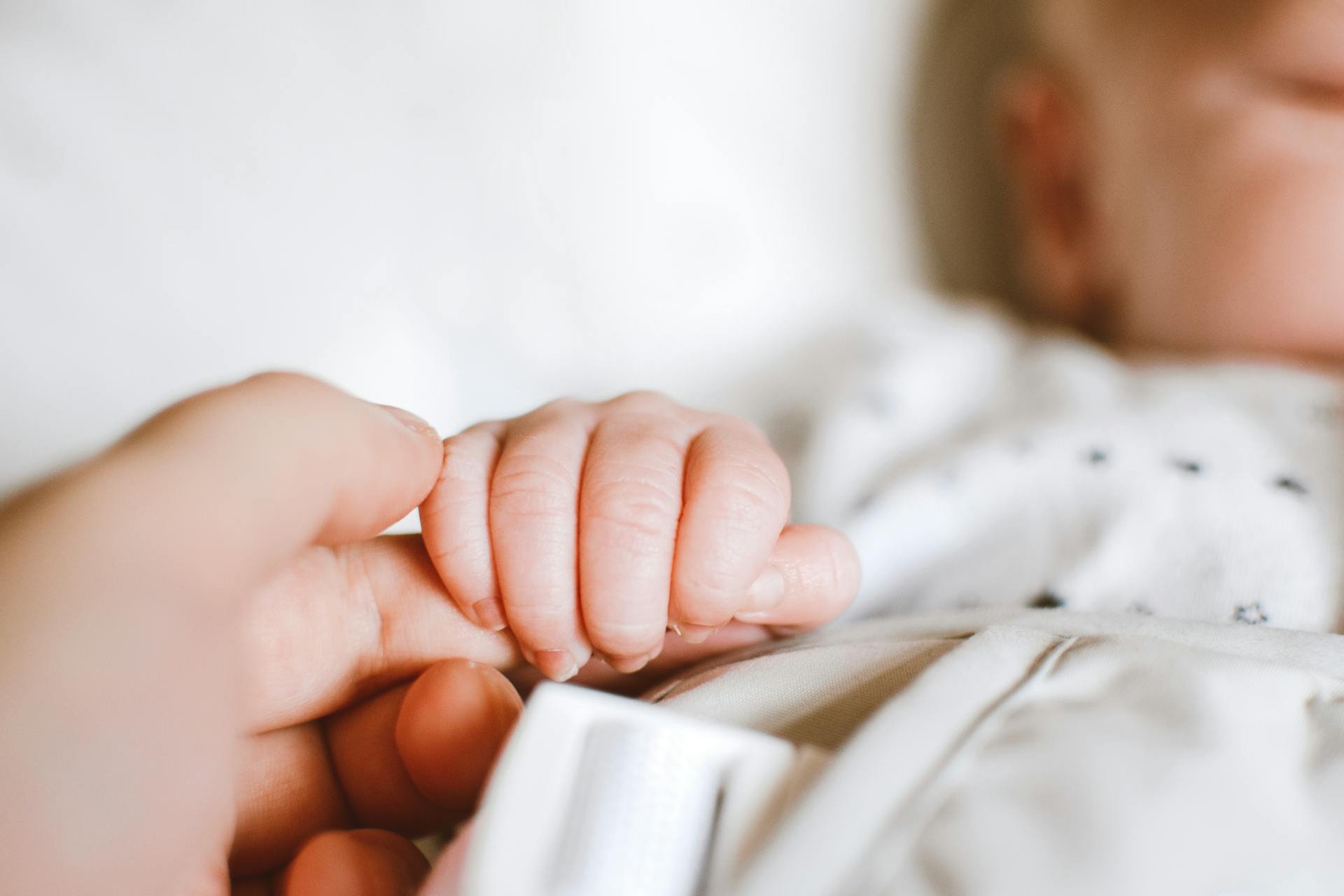
A baby holding a man’s finger | Source: Pexels
“HER BIRTHMARK! IT WAS ON HER NECK THIS MORNING! IT’S GONE!” I shouted. “THIS ISN’T MY DAUGHTER!”
I looked at Martha.
“What did you do? Where is my daughter?” I demanded.
“What are you talking about?” Martha stammered. “I didn’t do anything wrong! There must’ve been a mistake!”
I looked between Tina and her mother, searching for answers.
But Tina’s defensiveness only made things worse.
“Paul, calm down,” she snapped. “It’s probably nothing. You’re overreacting.”
But her words, her tone… they didn’t match the situation. My gut told me something was very, very wrong.

A woman talking to her husband | Source: Midjourney
“We’re going to the hospital now to figure this out,” I announced. “You guys can’t just misplace our little girl!”
“Paul, I swear, I didn’t mean for this to happen,” Martha said. “The nurses handed me the baby. I didn’t think—”
“You didn’t think?” I cut her off. “You took the wrong baby, Martha! This isn’t Alice!”
Tina placed a hand on my arm, trying to calm me down, but her touch only made me more suspicious.
“Paul, stop. Let’s go to the hospital and sort this out. Yelling isn’t going to fix anything.”

A woman sitting near a window | Source: Midjourney
I didn’t say another word. I grabbed my coat, and the three of us headed to the hospital, with Martha holding the baby.
As I drove, I kept glancing at Tina, trying to make sense of her reaction. Why wasn’t she as panicked as I was?
When we arrived, I marched straight to the front desk and explained the situation. The nurse’s face turned pale as I spoke. She quickly called the supervisor, who assured us they would investigate immediately.

A nurse at a reception area | Source: Pexels
“Please wait here,” the supervisor said, guiding us to a private room. “We’ll check the nursery records and CCTV footage.”
As we sat in the room, I couldn’t stop thinking about Tina’s reaction. She was uncharacteristically quiet, avoiding eye contact with me.
Meanwhile, Martha fidgeted nervously, holding the baby close.
“Why are you so calm about this?” I finally asked Tina. “Aren’t you worried about Alice?”
“Of course I am,” she snapped. “But freaking out won’t help. Just… trust the staff, Paul.”

A woman talking to her husband | Source: Midjourney
Her response only deepened my suspicion. I thought back to the times I’d seen her staring out the window during her pregnancy, lost in thought. What was she hiding?
After what felt like hours, the supervisor returned.
“Paul and Tina, we reviewed the footage,” he said. “It appears your mother-in-law did take the wrong baby from the nursery. We’re deeply sorry for the mistake, and we’ve already located your daughter, and we’ll bring her to you right away.”
I can’t explain how relieved I felt when they handed me Alice.
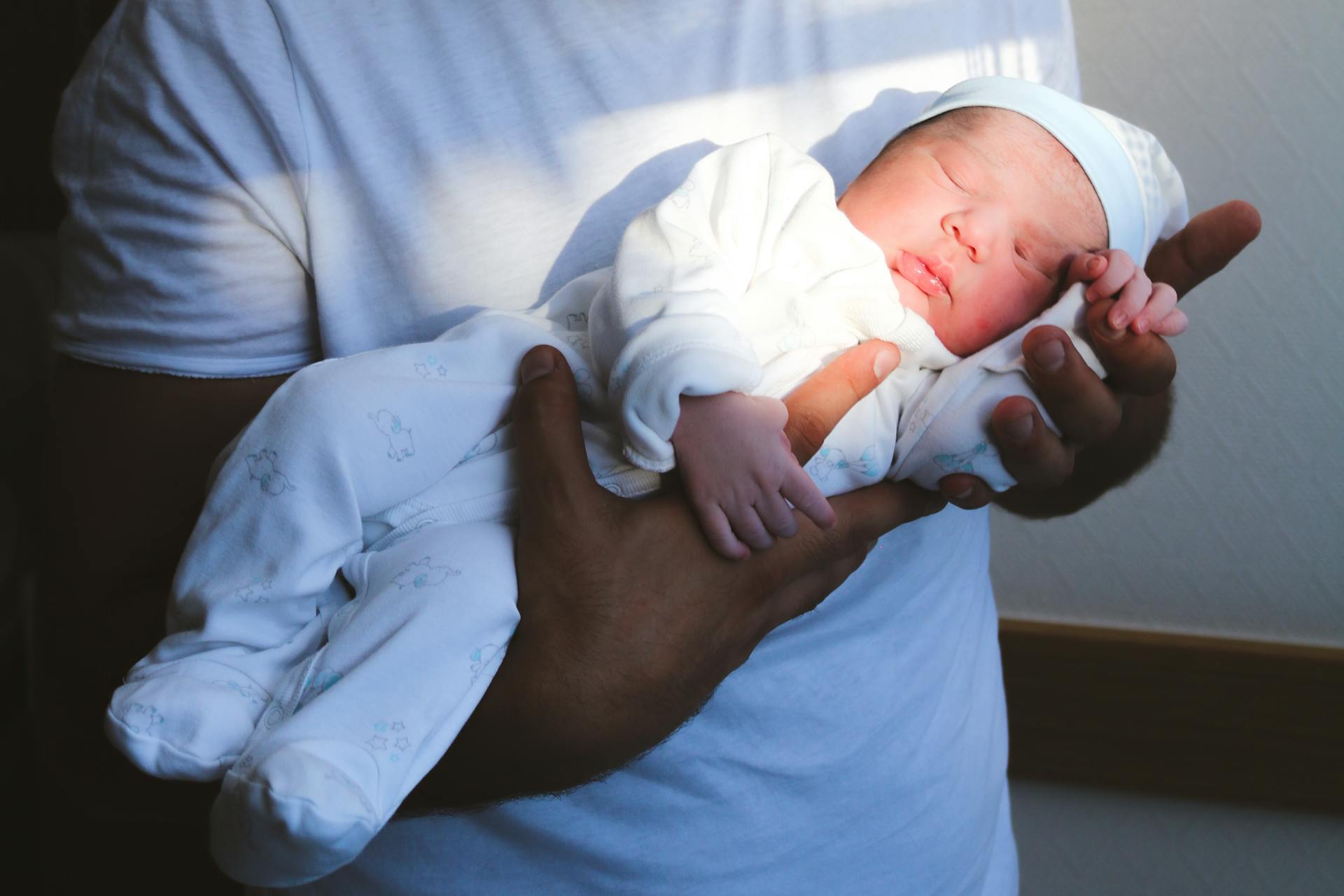
A man holding a baby | Source: Pexels
There was her tiny birthmark, the little star on her neck that I’d noticed earlier.
I held her close as tears streamed down my face. “Daddy’s here, Alice. I’ve got you now.”
But even as I cradled her, something felt off. The nagging feeling in my gut wouldn’t go away.
I glanced at Tina, expecting her to show the same relief and joy, but her expression was distant, almost detached.
“Is there something you want to tell me?” I asked her softly as we drove home.

A man driving | Source: Pexels
“No, Paul,” she said, avoiding my gaze. “Everything’s fine.”
But everything wasn’t fine.
Over the next few days, Tina’s behavior grew more erratic. She seemed distracted, barely engaging with Alice or me.
Late at night, I’d often find her sitting alone in the living room, staring at nothing.
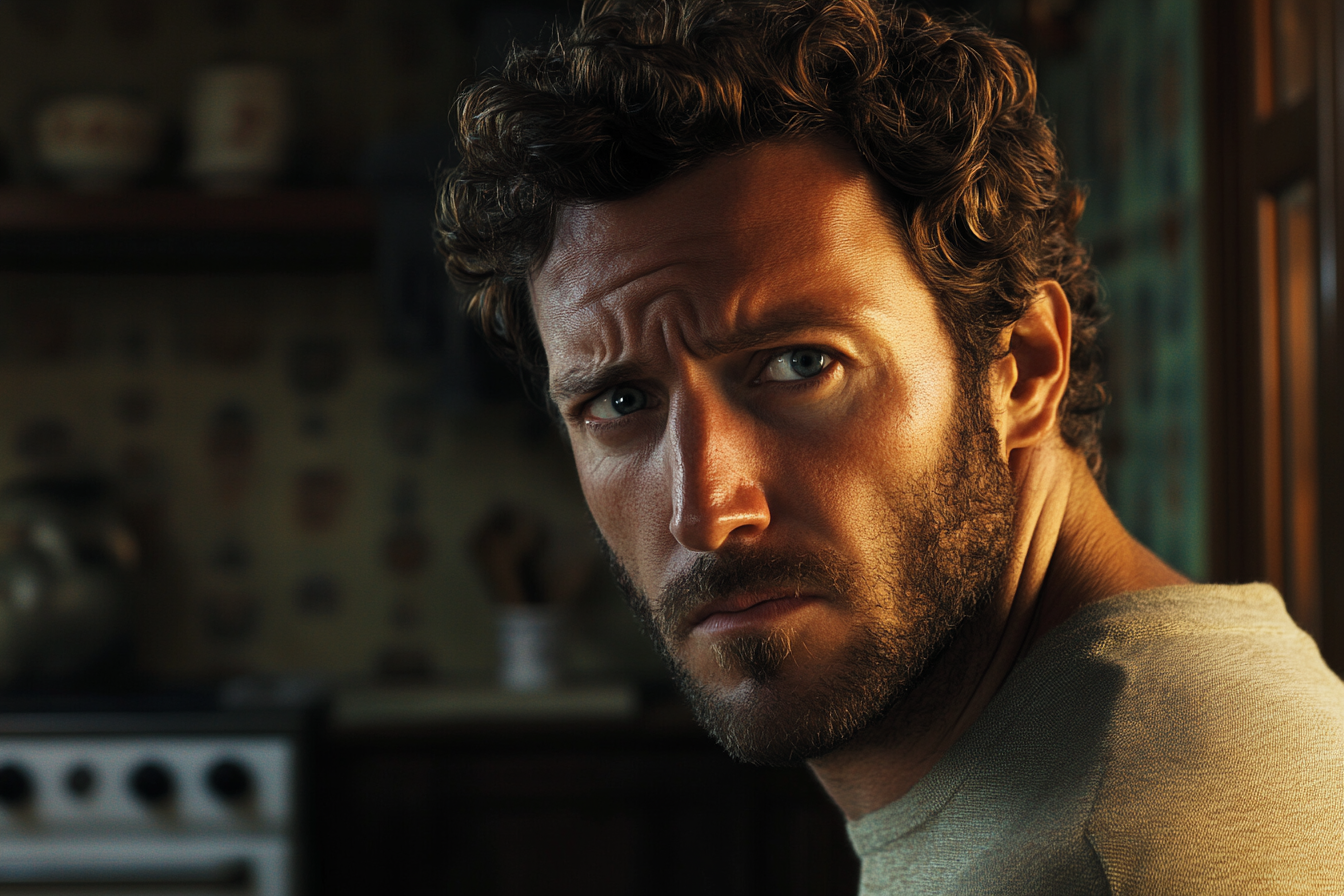
A man standing in his house | Source: Midjourney
It was then that the pieces started to fall into place.
Her detached demeanor, the strange moments during her pregnancy, and the miraculous timing of her getting pregnant after years of infertility.
The realization hit me hard. Tina was hiding something.
One afternoon at work, I decided it was time to find out the truth.
I called a lab and arranged for a paternity test.
Two days later, I received the results. My hands trembled as I opened the envelope.

An envelope | Source: Pexels
Alice wasn’t my daughter.
I sank into the chair as I realized what had happened.
Tears streamed down my face as I thought about all the love and hope I’d poured into this child, only to discover she wasn’t mine.
What hurt the most was that Tina, my wife and partner, had betrayed me in the most unimaginable way.
Tina was in the living room when I got home later that evening. She looked up as I entered, and the smile on her face faltered when she saw the envelope in my hand.

A woman sitting in the living room | Source: Midjourney
“Tina,” I said. “We need to talk.”
Her eyes widened, and she backed away slightly. “Paul… I can explain.”
“You cheated on me,” I said, the words feeling like poison on my tongue. “When? When did this happen?”
“Paul, listen to me,” she cried. “I can explain… I—”
“Just tell me, when did this happen!?”
“It was that weekend you went away with your friends. I was so lonely, Paul. I felt like you didn’t care anymore, and I made a mistake. A terrible, terrible mistake.”

A woman looking straight ahead | Source: Midjourney
“A mistake?” I shouted. “This isn’t just a mistake, Tina! You lied to me, you betrayed me, and now… now you’ve brought a child into this. How could you do this to us?”
“I’m sorry, Paul,” she sobbed. “I was scared. I didn’t know what to do.”
I looked at her, torn between anger and heartbreak. But one thing was clear. I couldn’t stay.
“I loved you, Tina. I would’ve done anything for you,” I began. “But this… this is too much. It’s unacceptable… We can’t stay together anymore.”
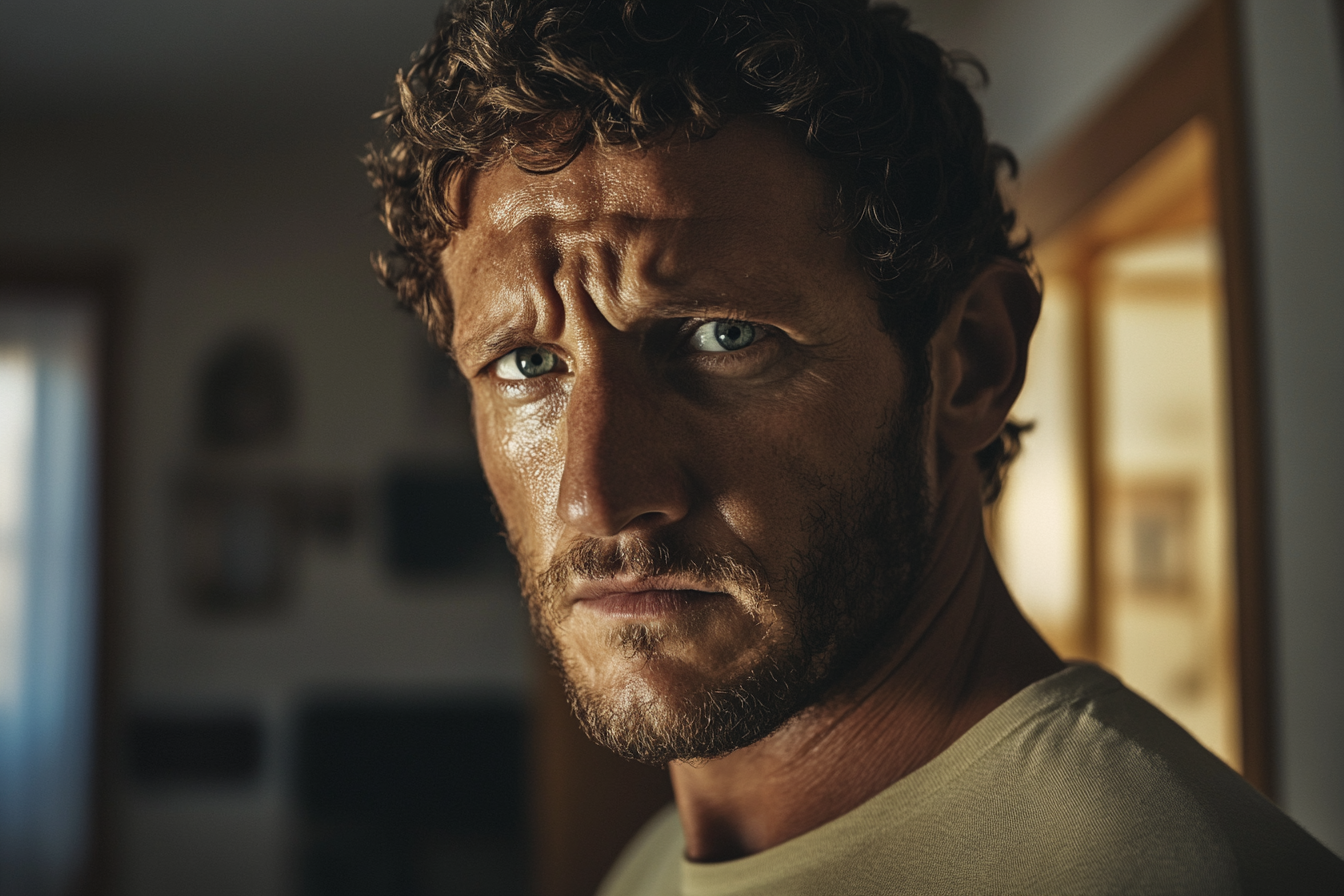
An upset man | Source: Midjourney
“Paul, please,” she cried, but I didn’t turn back.
I packed my things that night, leaving the house I’d once called home. My heart broke into a million pieces as I drove away, but I knew I’d made the right choice.
I cried like a baby that night, but I also vowed to rebuild my life, just as I had before.
This time, I’d find a future rooted in truth and love.
If you enjoyed reading this story, here’s another one you might like: When I arrived at the hospital to bring home my wife and newborn twins, I was met with heartbreak: Suzie was gone, leaving only a cryptic note. As I juggled caring for the babies and unraveling the truth, I discovered the dark secrets that tore my family apart.
This work is inspired by real events and people, but it has been fictionalized for creative purposes. Names, characters, and details have been changed to protect privacy and enhance the narrative. Any resemblance to actual persons, living or dead, or actual events is purely coincidental and not intended by the author.
The author and publisher make no claims to the accuracy of events or the portrayal of characters and are not liable for any misinterpretation. This story is provided “as is,” and any opinions expressed are those of the characters and do not reflect the views of the author or publisher.
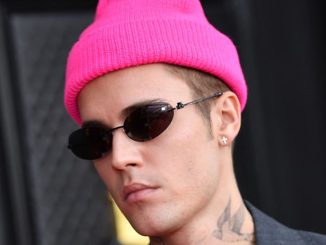
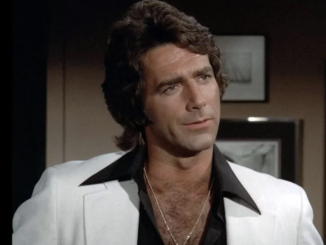
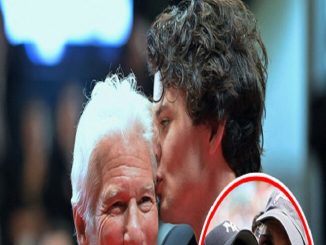
Leave a Reply